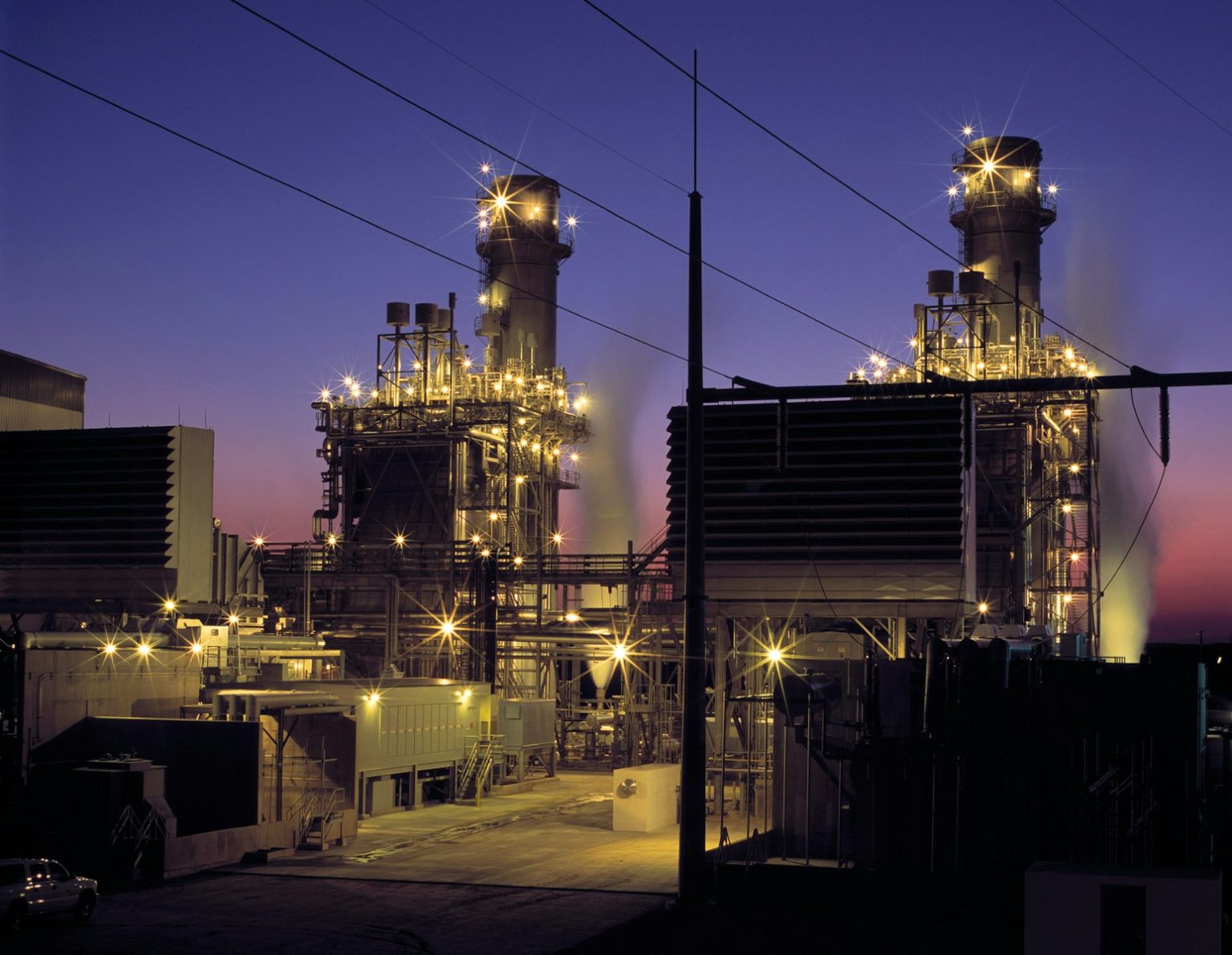The Associated Press reports that several Asian nations are proposing increased LNG purchases as part of their strategy to address the administration’s concerns about trade imbalances. This approach comes as the Trump administration has placed significant emphasis on reducing U.S. trade deficits with various countries across Asia.
Trade Deficit Reduction Strategy
The Trump administration has made reducing trade deficits a cornerstone of its economic policy, particularly with Asian trading partners. By offering to purchase more American LNG, these countries appear to be making a calculated effort to appease U.S. concerns while protecting their broader economic interests.
LNG represents a growing export sector for the United States, which has dramatically increased its natural gas production in recent years. The U.S. energy sector has been actively seeking new markets for its expanding LNG production capacity, making these potential deals potentially beneficial for American producers.
Potential Risks for Asian Economies
However, analysts caution that this approach may have significant drawbacks for the Asian countries involved. According to the report, experts warn that increasing LNG purchases primarily to satisfy trade deficit concerns could “undermine those countries’ long-term” economic interests.
The concerns appear to center around several factors:
- Long-term energy supply contracts that may not align with actual market needs
- Potential higher costs compared to other energy sources or suppliers
- Creating economic dependencies that could limit future trade flexibility
Energy markets typically function best when driven by supply, demand, and price considerations rather than political calculations. Forcing increased purchases of any commodity for political reasons can distort markets and lead to inefficient outcomes.
Broader Trade Tensions
This development occurs against the backdrop of escalating trade tensions between the United States and several Asian economies. The Trump administration has already imposed tariffs on various products and has threatened additional measures if trade deficits aren’t reduced.
“These countries are looking for ways to reduce friction without making more painful economic concessions,” said an analyst familiar with the negotiations. “Energy purchases represent a relatively straightforward way to shift trade balances.”
For the United States, increased LNG exports could support domestic energy producers while helping to address trade imbalances. The U.S. has invested heavily in LNG export facilities in recent years, with several new terminals coming online.
The negotiations highlight how global energy markets are increasingly influenced by geopolitical considerations beyond traditional supply and demand factors. Energy exports have become a tool of foreign policy and trade negotiations.
Market Implications
Energy experts note that any significant increase in Asian LNG purchases would likely affect global natural gas markets. Prices could rise if demand increases substantially, benefiting producers but potentially raising costs for consumers worldwide.
The natural gas industry has been watching these developments closely, as Asia represents the largest growth market for LNG globally. Countries like Japan, South Korea, and increasingly China have been major importers of LNG, with demand expected to grow in coming years.
Whether these negotiations will successfully prevent new tariffs remains uncertain. The Trump administration has shown willingness to impose trade measures even against countries making concessions if those concessions are deemed insufficient.
As negotiations continue, both sides face the challenge of balancing short-term political considerations with longer-term economic interests. For Asian countries, the calculation involves weighing the cost of increased LNG purchases against the potential damage from higher U.S. tariffs on their exports.







